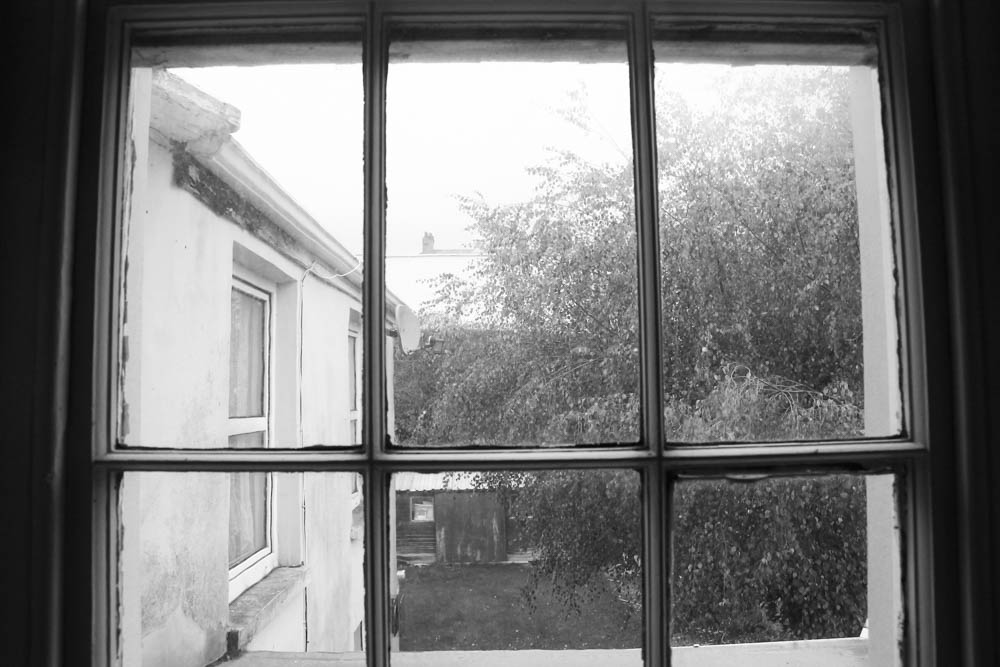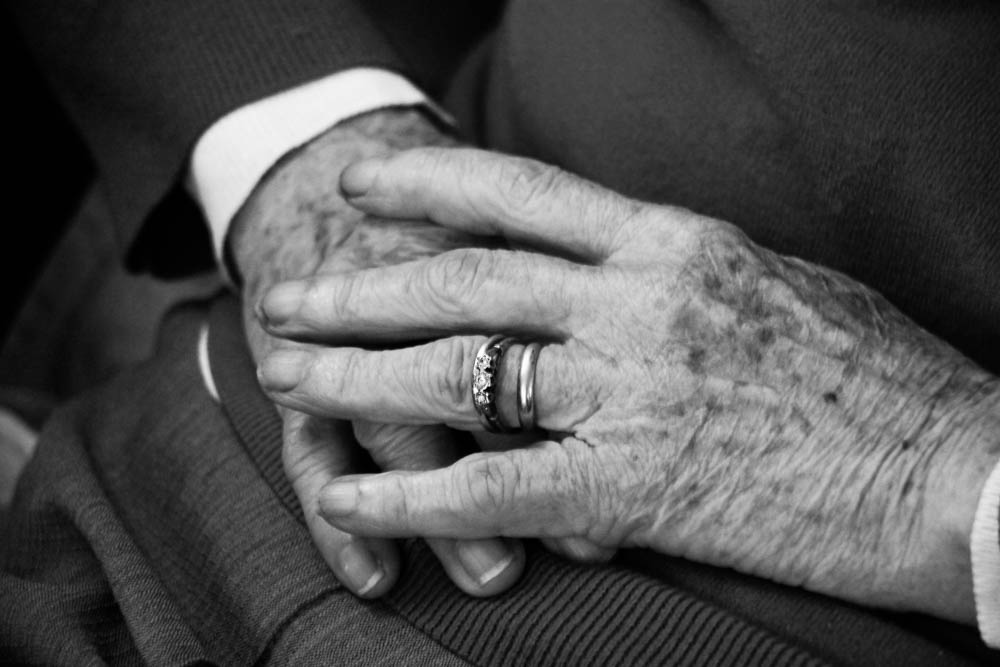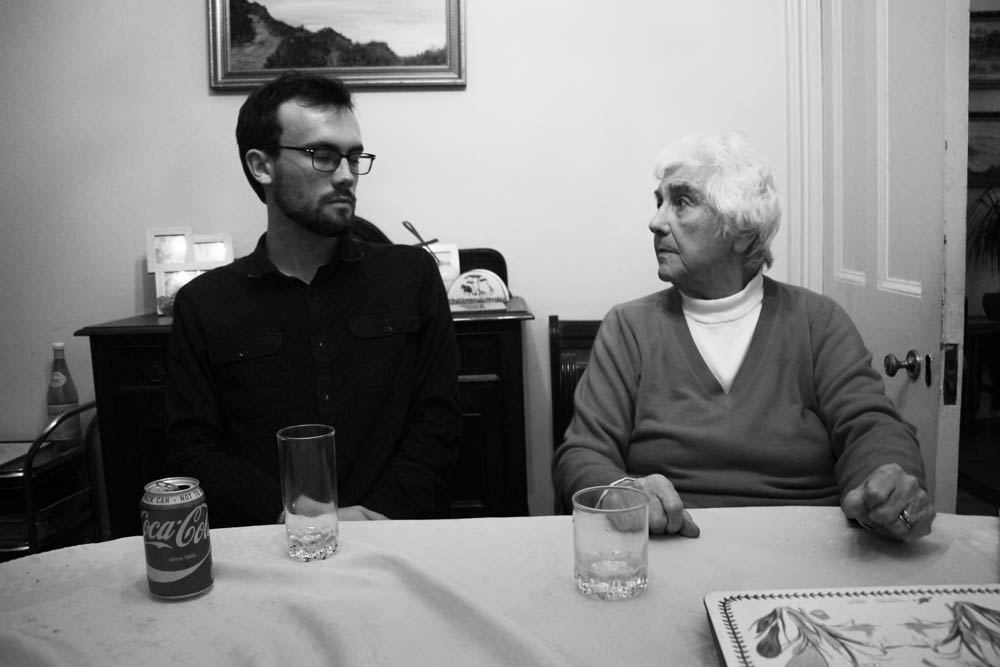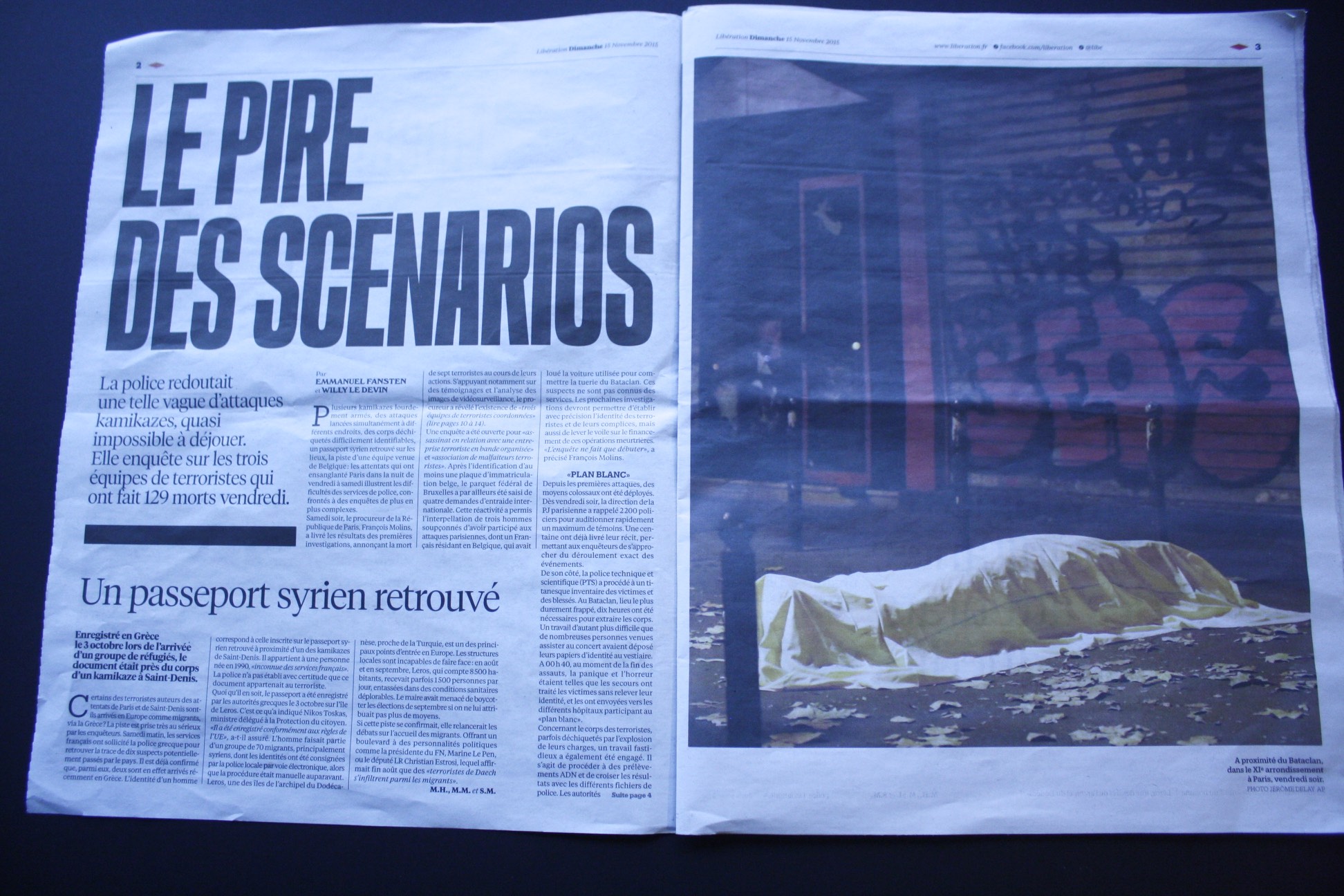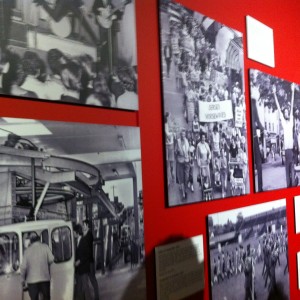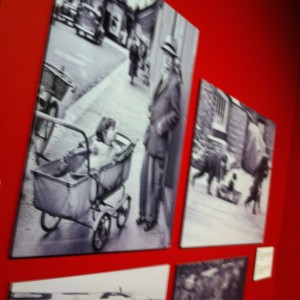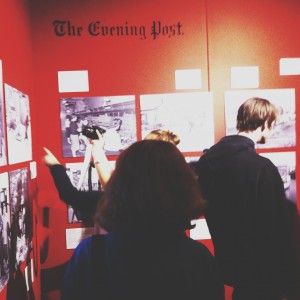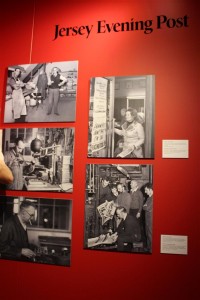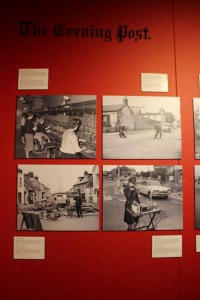Here is an audio only version of my interview with Nana. As a start to take more photographs, I will begin to select a few images as visual aids to go over this audio. I will then incorporate these images in with film that I will take next week. This will go to create one of my outcomes for this project. I will give this audio credit for the time being as an outcome. In a way I like its simplicity. It is very basic and sounds authentic and natural. I find that this interview is very fascinating and revealing both about my Granddad, as well as about Nana’s life in general.
BEGINNING OF CONVERSATION
Me: Hi Nana.
Nana: Hello, how are you?
Me: I’m good thank you. As you know I’m doing a project about my Grandad. I’m trying to find out more about him. You knew him better than anyone else, would you be able to answer a few questions about him?
Nana: Yes, certainly.
Me: Okay thank you. Could you start off by giving a little background about him?
Nana: His name was Arthur Maitland Le Feuvre, and he was born on June 4th 1921. He was the ninth and youngest child of Francis and Lydia Le Feuvre who were farmers from St Peters. He was born at Maitland House, Trinity Hill. So he was named after his house. But they moved to St Peters when he was 10.
Me: Okay that’s really interesting. (Question 1) What year did you and Grandpa first meet?
Nana: We met in January 1947.
Me: So while a while ago now?
Nana: Yes, quite a while ago now. (laughs).
Me: (Question 2) What first attracted him to you?
Nana: Well naturally his good looks.
Me: (joking) well obviously I take after him then?
Nana: Yes you do! (laughs).
Me: (Question 3) What do you member most about your wedding day?
Nana: Well it was on April 14, 1949 – it was on Easter Monday, and we are married at the Salvation Army. And it was a bright and sunny day.
Me: So lots of happy memories then?
Nana: Oh yes some very happy memories!
Me: (Question 4) You brought up 4 children together. How important was your relationship in getting through this aspect of your life?
Nana: Well our home was a loving one so as we both pulled together we got through it. This continued right through our married life. It was no hard chore.
Me: So it was quite important?
Nana: Yes it was quite a peaceful, happy home.
Me: Okay nice. (Question 5) Obviously you lived in Kenya for 10 years. Could you describe 3 fond memories you have got of this time?
Nana: Well we had a wonderful time in Kenya, Kenya is a beautiful place. We were very privileged to go there. I think three memories (pause)…
…Firstly, getting used to the children who are not at home, but were at boarding school. It was quite difficult, it sort of broke up the family a bit…
…Secondly, I did a woman’s meeting. Teaching my ladies, 36 of them to knit. That was quite an experience…
….And then the best one, looking after the Jersey Calves, they were my responsibility. Because we had a Jersey heard.
Me: Wow! That is really, really cool! (Question 6) Meeting Grandpa meant that you you were introduced to the Salvation Army, is this right?
Nana: No, I met your Grandpa at a special meeting. That was the first time that both of us had been in the Salvation Army.
Me: So you were both new at the same time?
Nana: He was a Methodist local preacher actually, and I was not a Christian at that time. Joining the Salvation Army was calling for us both, not just a job, and it was a joy to serve the Lord together really.
Me: Okay, so you would say that it was quite important in shaping both of your lives?
Nana: Yes. It was very important.
Me: (Question 7) Is there anything you regret about moving to Kenya?
Nana: No, not at all. It was the best thing I think we did, going to Kenya. I mean life was hard at times, away from home. But you know, it was just another experience of life.
Me: So it was a big life choice?
Nana: Well helping the people to learn to farm properly, and to make a living was a joy. It was quite wonderful to help these lovely people, because they are lovely people.
Me: Okay, wow! (Question 8) So obviously Grandpa dedicated a lot of his life to the Salvation Army which obviously brought you to Kenya. If he had not been an officer for the Salvation Army, is there any other ambitions Grandpa had?
Nana: Well. (pause) He was a farmer all of his life. That is why we went to Kenya, because he had the experience as a farmer.
Me: So it was were his strengths lay?
Nana: Yes. He used those skills for the Lord and the Salvation Army. After the war, he had been offered commission with the RAF. But he never took it up. He came back to Jersey, hadn’t seen his people for six years, and his dad didn’t want him to leave the island.
Me: So he never wanted him to have this career?
Nana: No.
Me: (Question 9) That’s interesting, because I do you gather that Grandpa did actually fight in World War Two?
Nana: Yes he did.
Me: Do you know anything about this?
Nana: Yes, he was 19 when the occupation began. Despite a lot of persuasion to his father who was against it, he left the island on the last coal boat. When he reached the UK, he joined up and was in the RAF and eventually became a navigator. At the end of the war he was in Germany as an interpreter because he spoke German and French.
Me: Oh wow, so he actually went to Germany?
Nana: Yes so he went to France and then Germany with the troops. He never talked much about it. The one thing he was proud of though, was that he was in the RAF football team.
Me: Really?
Nana: Yes. (laughs).
Me: Awesome! So obviously he could speak French. (Question 10) You went to France didn’t you?
Nana: Yes, we went to France in 1982 to Paris. That was a different experience altogether. We worked with alcoholics and drug addicts. Grandpa loved it but I struggled with the language. I liked being there, doing the work, but I struggled with the language, couldn’t speak it. That was a tough assignment actually, because we were getting on in age.
Me: But you got through it?
Nana: Yes, we got through it.
Me: (Question 10) you mentioned that you had some retirement plans which were never realised?
Nana: Yes
Me: What was the plan?
Nana: Yes. (pause) Grandpa had a brother called Frank in Australia. Frank, he was five years older and grandpa and he left the island when grandpa was 11 years old to go to Australia and so they never saw him after that. A couple of the brothers and sisters went to Australia when they found out where Frank was after the war, and we planned to visit Frank when we were retired in 1986.
(Question 13) From what I’ve heard Grandpa had a very difficult relationship with his father, is that right?
Nana: Well I wouldn’t exactly call it difficult. No, because he loved his father. It was a good relationship. You’ve got to understand his dad was very strict, and the problem was when he said we were going to London to go to the Salvation Army college, he wasn’t very keen on him leaving Jersey. It was so we could become a full time officer. But we got over that.
Me: Okay. (Question 15) What sports and hobbies did Grandpa have during his life?
Nana: Grandpa was a great athlete, and of course a footballer. He played for Jersey before the war actually. And he was a great cross country runner when he was at Victoria College. He won a lot of prizes.
Me: Ah cool, he did a lot a running then?
Nana: Yes.
Me: Oh that interesting.
Nana: If you go up to the college (Victoria College) you can see his name everywhere.
Me: Yeah. I might go and have a look. That really interesting that.
(Question 16) Please could you state three good traits about Grandpa?
Nana: Well this is a difficult one. He was a kind, caring man. He didn’t like a lot of fuss. Arthur Le Feuvre was the same at home (pause) same person at home that people saw outside as well. A most gracious man actually.
Me: So you couldn’t name any faults?
Nana: No I couldn’t really, we were very happily married. For 36 years.
Me: (Last Question) If I ever had the chance to meet him, do you reckon we would have got along?
Nana: Oh, like a house on fire. You would, he would have loved you to bits. He was a very family orientated man, he loved his family
Me: Okay, I think I’ve got some really good information there
Nana: Yes you have, haven’t you!
Me: Thank you Nana!
Nana: Now you know a little bit more about him.
Me: Yes I do, thanks very much.
END OF CONVERSATION














